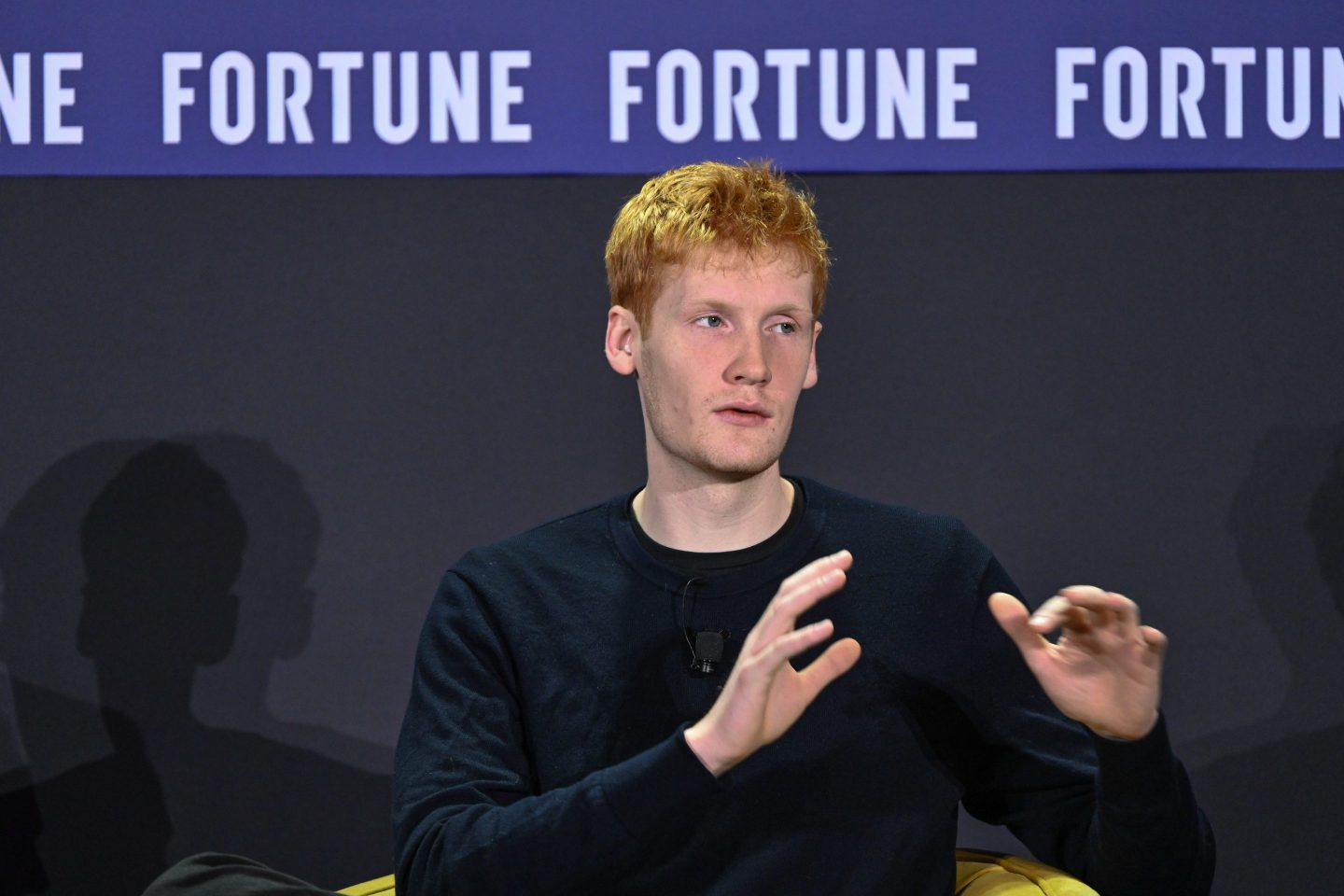Alphabet’s shares surged to a record high Thursday, after U.S. regulators stepped back from a proposed set of new restrictions on large AI platforms, a decision that unexpectedly strengthened the hand of Google’s parent company. But while regulatory relief is one factor, analysts say the real driver behind Google’s market-breaking rally lies in the success of its competitors. In fact, that’s what the judge in Google’s antitrust case said, too.
In a 230-page ruling, District Court Judge Amit Mehta wrote that Google can no longer enter into exclusive distribution deals around making its search engine or its Gemini AI technology into a default option, and that it must share some search data with competitors. But the decision stopped short of requiring it to spin off key assets, especially its Chrome web browser.
Mehta wrote that the emergence of generative AI has “changed the course of this case,” which began in 2020, several years before the mainstream release of ChatGPT fundamentally changed the tech sector. “The money flowing into this space, and how quickly it has arrived, is astonishing,” he wrote.
Alphabet’s stock closed up 8% Thursday at $231.10, its highest level ever.
Surprise on Wall Street
What surprised many on Wall Street was how much Google appears to benefit indirectly from the rapid progress of its rivals. Microsoft, OpenAI, and Anthropic have spent billions elevating user expectations in AI-powered search, work software, and creative tools. Each breakthrough has ignited wider adoption of AI across industries, demand that has spilled over into Google’s own ecosystem of services and cloud infrastructure.
Bank of America Research wrote that the ruling potentially cleared one of the two big stock “overhangs,” saying its “top takeaway is the judgment preserves Google’s ability to maintain its search distribution position.” The other overhang, competitive uncertainty for search query volumes, remains, although BofA’s thesis that AI is actually expanding the search market could also become a “potential net positive for Google.” The bank said it has noted an improving position for Google’s AI and search products year to date despite strong growth at emerging gen-AI competitors.
To that point, after seeming to lag in the “AI race,” Google has shifted, embedding its Gemini model across Search, Docs, and Pixel devices. Investors once worried that AI chatbots could cannibalize Google’s core search advertising. But Google has released data showing ad engagement holding steady and that AI-generated answer summaries actually drove more time spent inside the Google ecosystem.
For this story, Fortune used generative AI to help with an initial draft. An editor verified the accuracy of the information before publishing.













